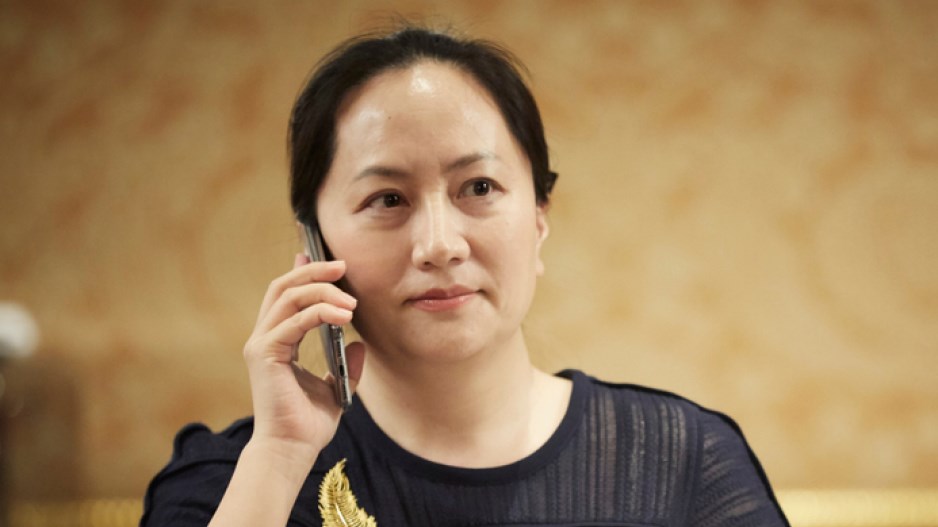Meng Wanzhou made a brief appearance in court in Vancouver Wednesday during the much-anticipated extradition hearing for the Huawei Technologies Co. Ltd. CFO.
The court set up the next hearing date of May 8 before adjourning. Defence and Crown lawyers will decide in the meantime the number of applications that will be brought up and the exact dates each issue will be discussed.
Meng defence lawyer Richard Peck noted in court that the case is "rare" and "complex," alluding to the possibility that the extradition hearing could drag out into a prolonged process. Peck added that there would likely be abuse-of-process applications that would take significant time to address on a topic-by-topic basis, and there are additional concerns of political interference in the case given the comments of U.S. President Donald Trump on using the case as a possible point of negotiations.
Law experts say extradition cases like this one usually take around three years to resolve - and may stretch out to five to seven years if the defendant has the resources to mount a substantial defence. In addition to the lengthy court hearings involving the determination of whether U.S. evidence fulfilled the requirements outlined in the U.S.-Canada extradition treaty, the Canadian justice minister would once again have to personally order the accuses - in this case, Meng - to surrender to U.S. authorities if the courts find there is sufficient evidence to commit her for extradition.
In this case, the accused can still seek judicial review of the surrender order issued by Ottawa. When combined with the appeal process for the court decision itself, the entire procedure can take up to several years to resolve.
The arrest of Meng on December 1 at Vancouver International Airport at the behest of the U.S. Department of Justice, based on accusations of money laundering, theft of technology and operating in Iran in contravention to American sanctions, has triggered a major rift in Canada-China relations.
On Tuesday, Richardson International, one of Canada’s largest grain processors, said Chinese authorities revoked its permit to export canola into China – a move seen by some as retaliation of Canada’s decision last Friday to allow Meng’s extradition to proceed.
China has said that some Canadian imports are non-compliant to its regulations due to pest and bacteria contamination.
Meng, the daughter of Huawei founder Ren Zhengfei, filed a civil suit against the Canadian government, RCMP and border services on Friday, alleging that she was held for three hours at YVR after her detention without being notified of her rights and the reasons for her arrest. She also alleged officials collected evidence from her without proper notice of her rights.
In addition, Beijing on Monday formally charged two Canadian citizens arrested in China on Dec. 10 - Michael Kovrig and Michael Spavor - of stealing state secrets in tandem.




